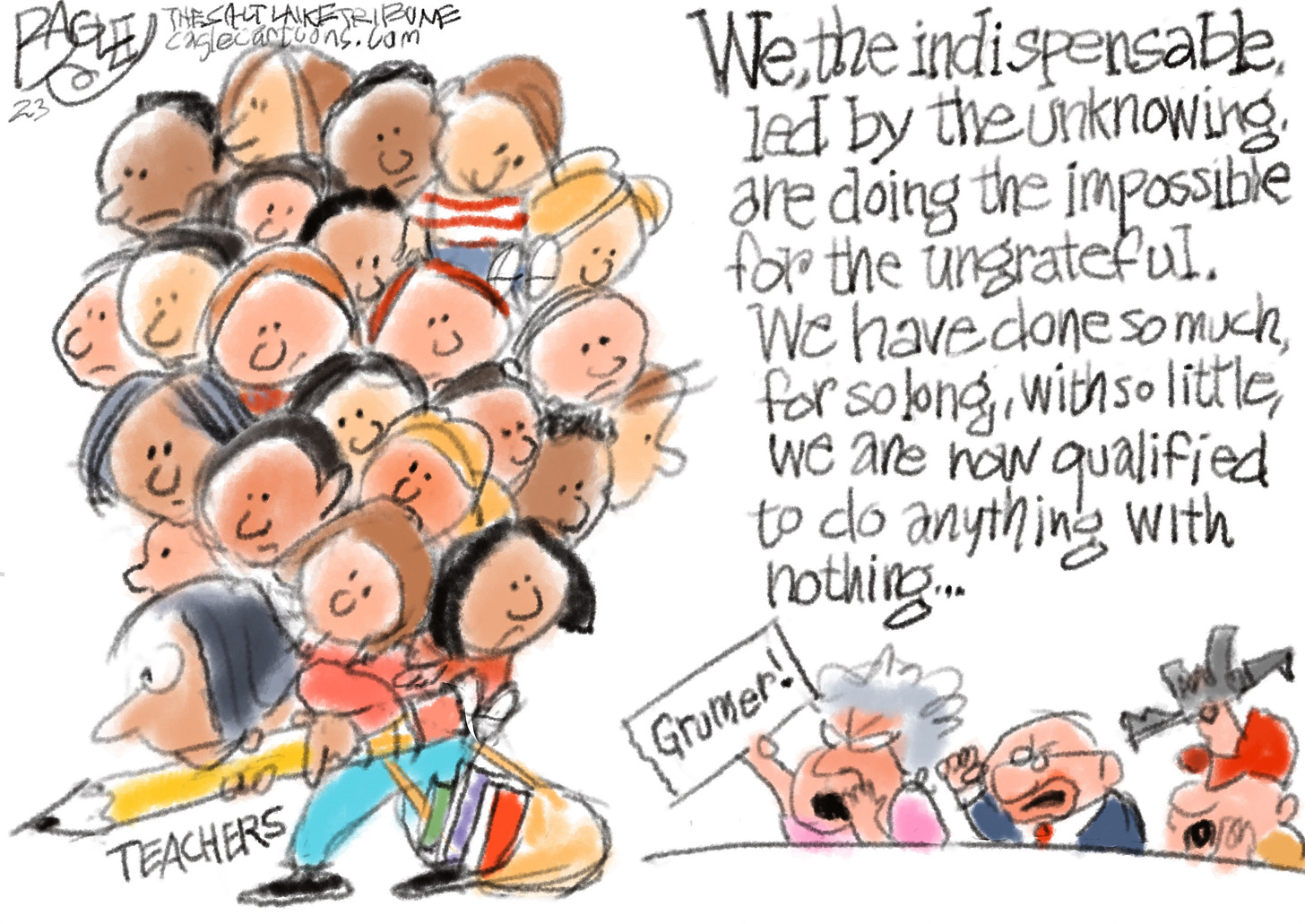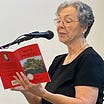Equity In Education
One of the best cartoons I ever saw illustrated the difference between equality and equity in education. Several children were lined up behind a fence surrounding a ballfield. The tall children were watching a ballgame over the fence, but the shorter children could see only the fence. This frame was labeled equality.
In the next frame, labeled equity, the shorter children were standing on boxes of varying heights, and all the children could see over the fence.
Our students don’t come to us with all the same skills or privileges. Neither do they come with the same learning styles, vocabulary, skills, or support at home.
Intelligence can be measured in a lot of ways, but if you’re using a standardized tests, vocabulary and life experiences tilt the score. So do poverty and adverse childhood experiences.
Given all these differences, it is important for teachers to understand each student as an individual. Only then, can we give them what they need, not necessarily what everyone else is getting. Meeting children where they are and listening to what they have to say is a good starting place to provide equity.
Teachers’ backgrounds are as varied as those of their students, and like the students, they bring their backgrounds with them to school. Three books by the master storyteller, Gary Paulsen, can help both students and teachers understand our diverse backgrounds.
Paulsen’s memoir, Gone To The Woods: Surviving A Lost Childhood, sheds a light on what it’s like growing up in an alcoholic home. It also explains how Paulsen, a real free-range kid, connects with young readers.
His memoir is a heavy read, but it’s proof that people can survive hard childhoods and be a success.
Paulsen’s How To Train Your Dad is a lighter read. It’s about a boy and his off-grid dad. When his dad’s lifestyle threatens Carl’s attempts to impress his classmate, Peggy, he decides he’s going to have to change his dad’s behavior. It’s a fun book with a satisfying ending.
Paulsen’s Harris And Me is about a city boy’s annual trip to visit his cousin on the farm. Both city kids and farm kids should see themselves in the literature they’re offered, but you don’t really need a reason to read this laugh-out-loud funny book.
Warning: If you start reading Paulsen’s books, you might find yourself hooked, and educated.






